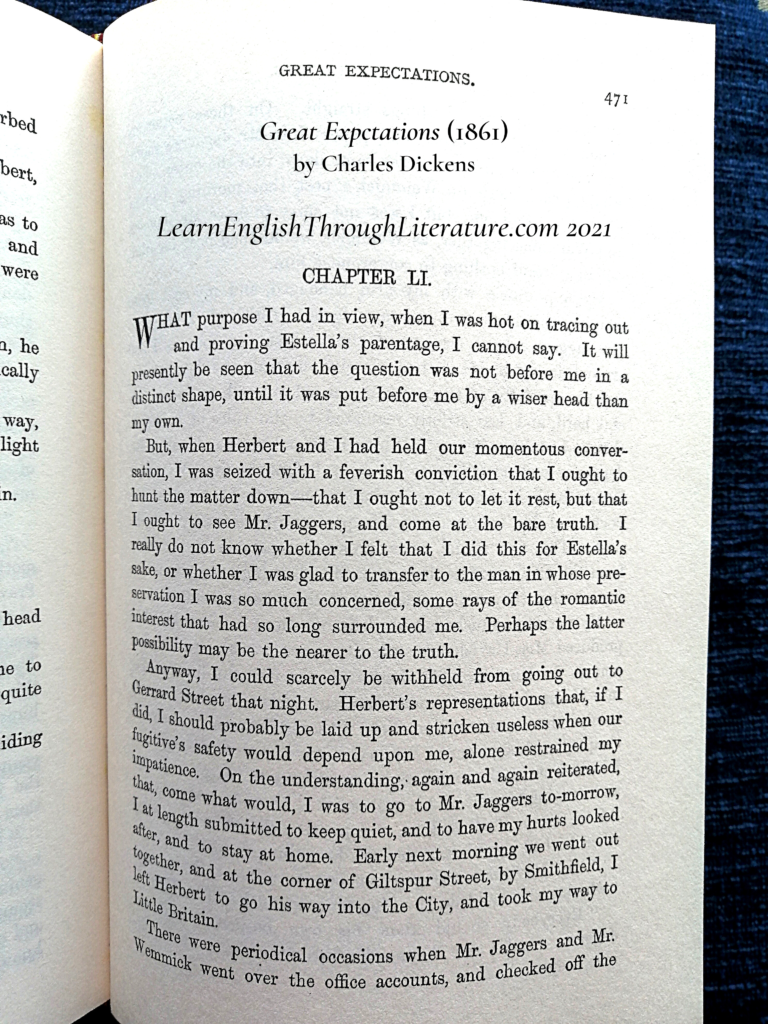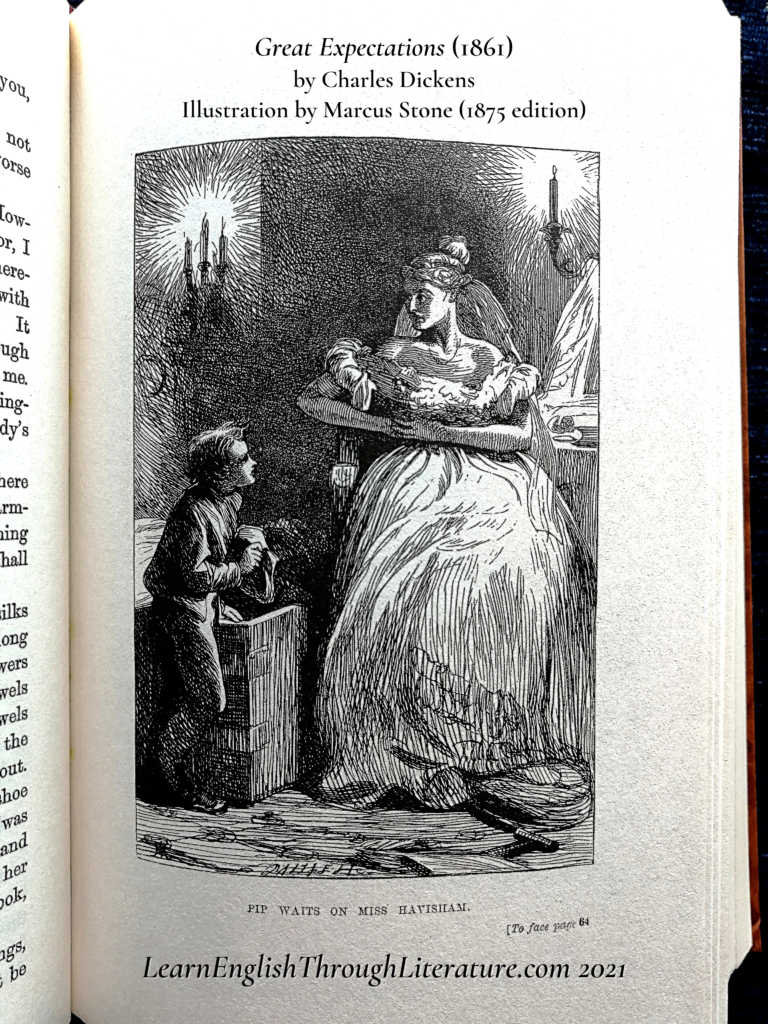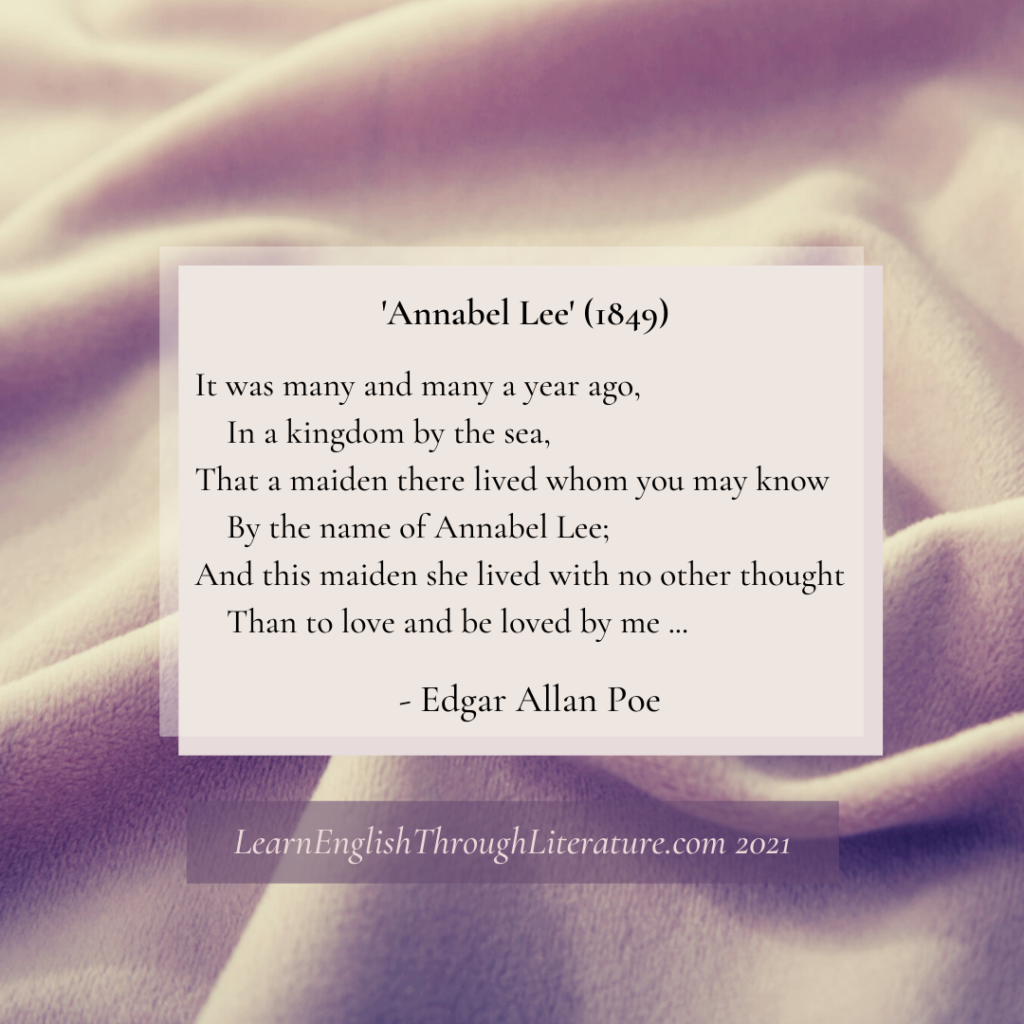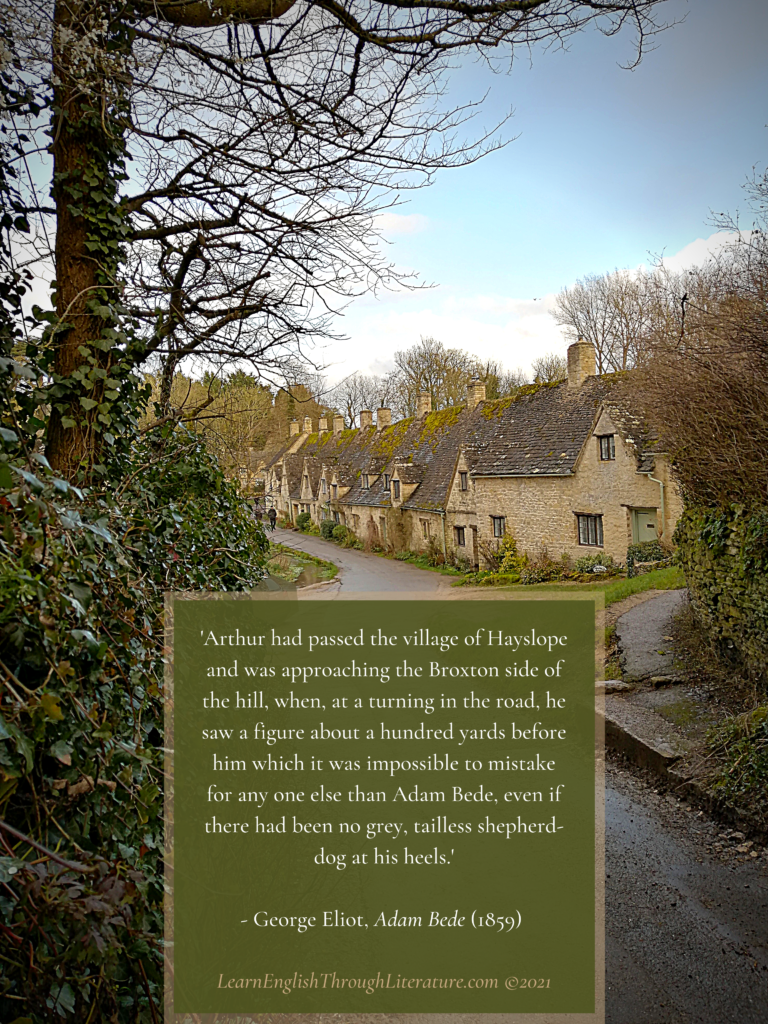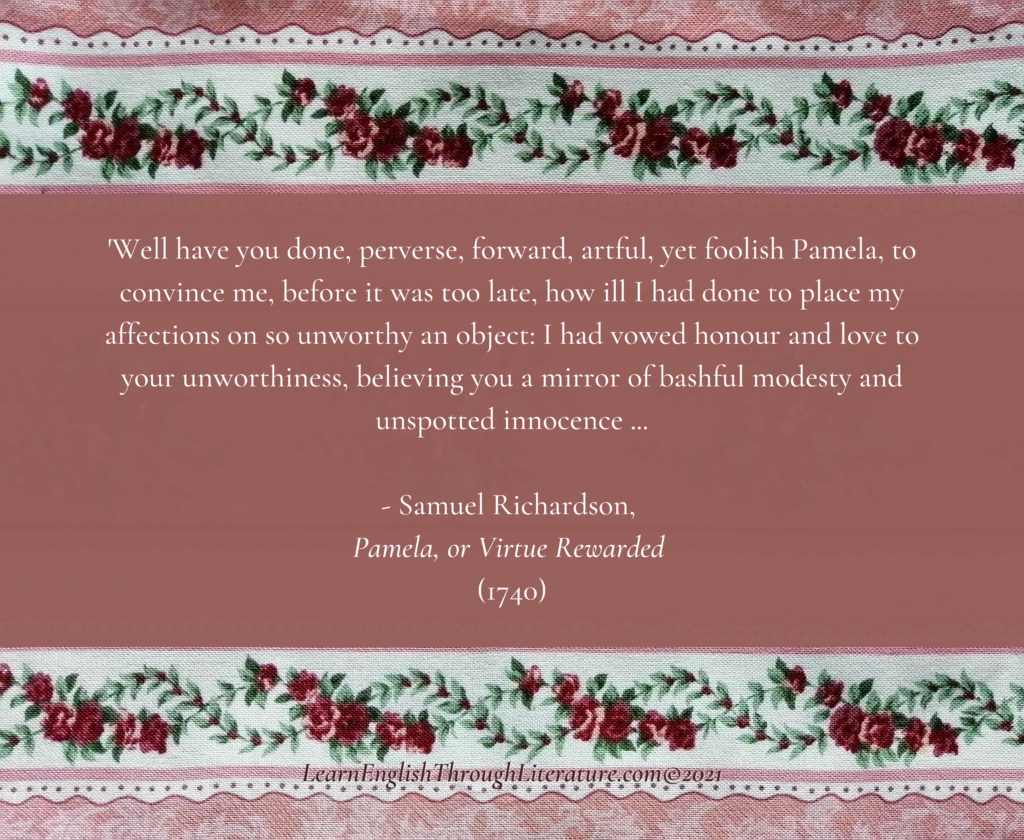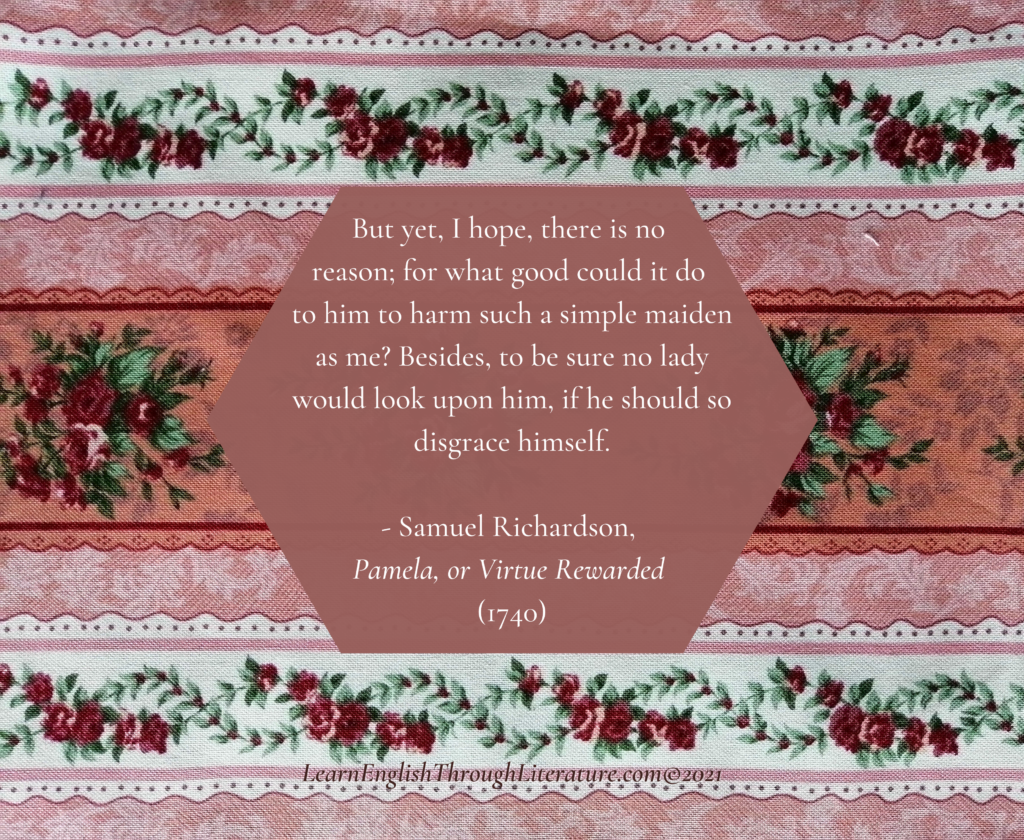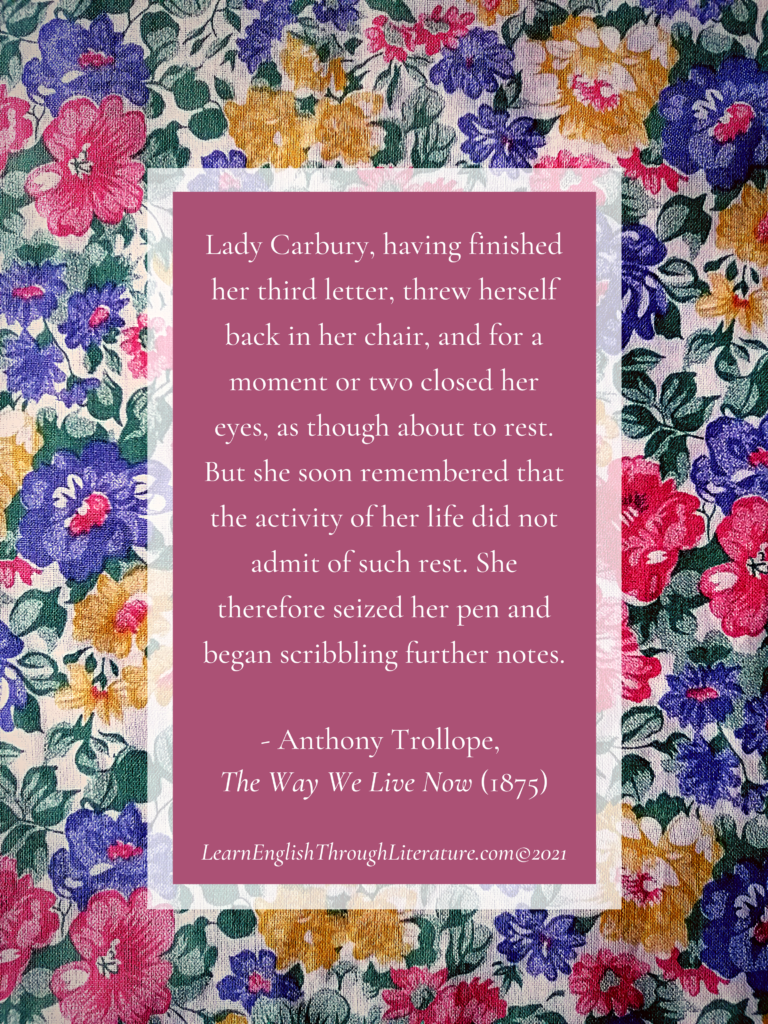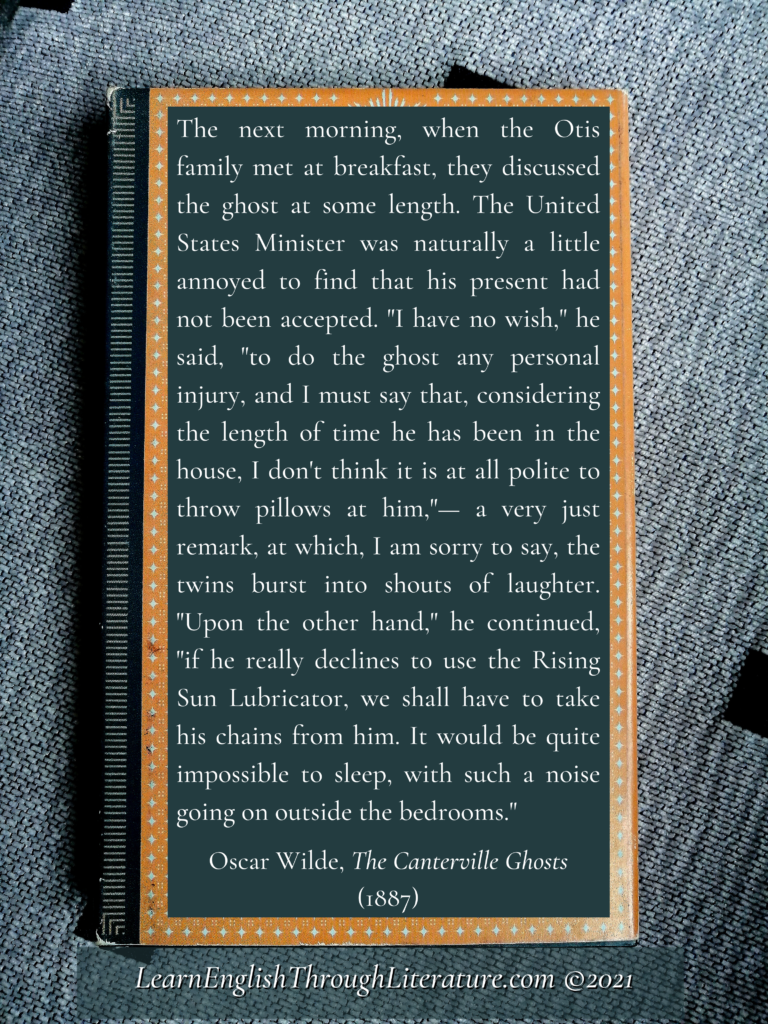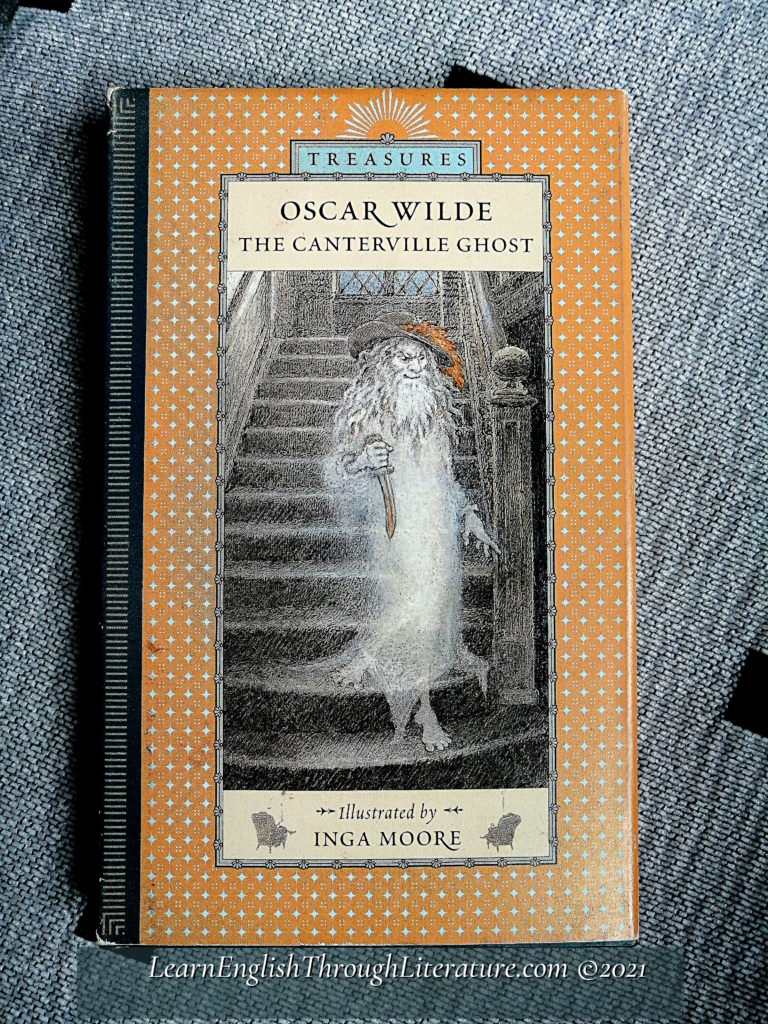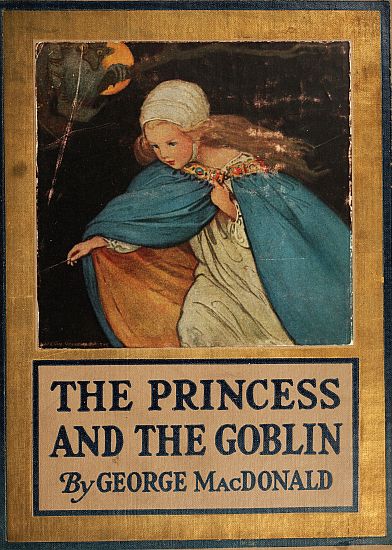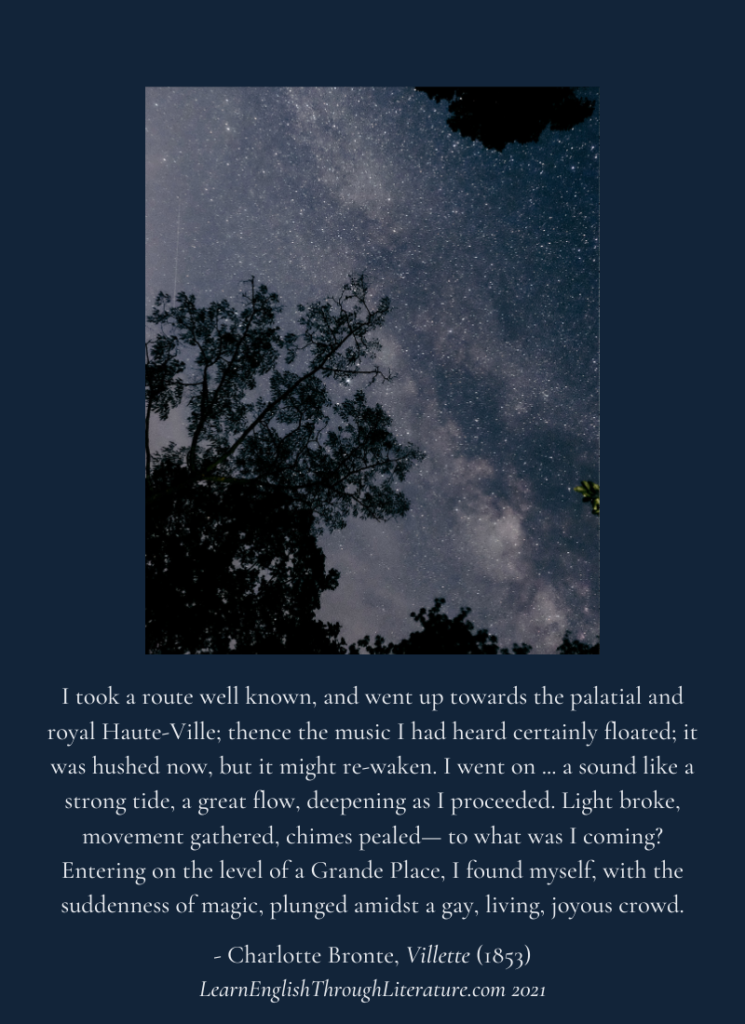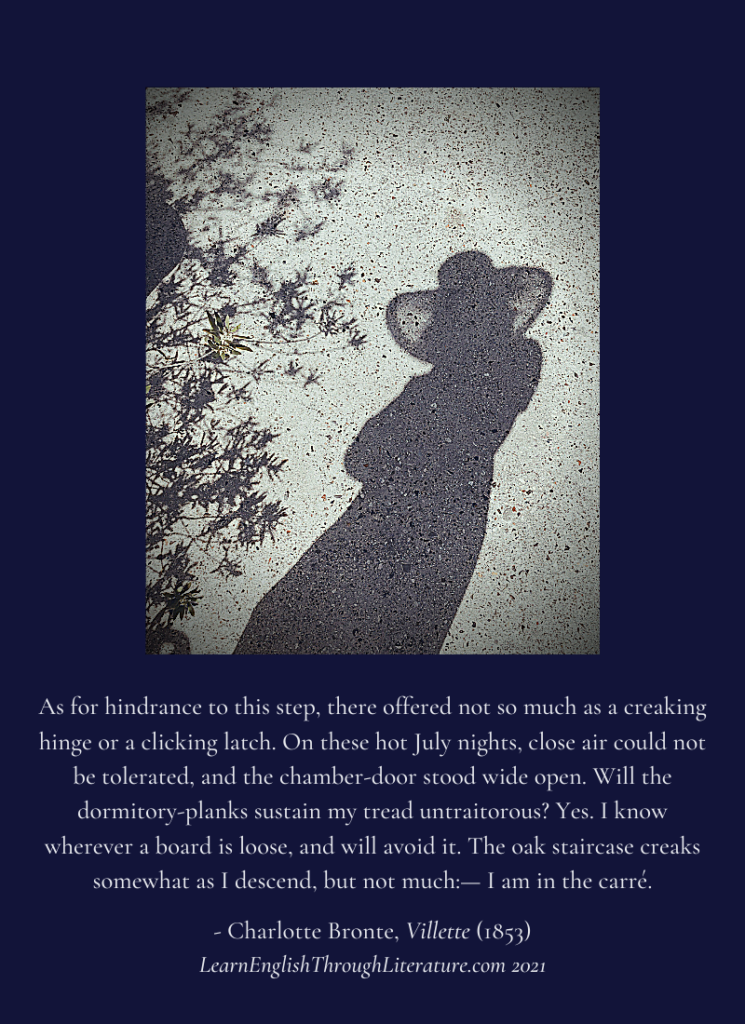Mini-Lesson Monday, Lesson #220 (Part 2): When to Use ‘Whether’ vs ‘If’ in English – Their Similarities and Differences
📘 I really do not know whether I felt that I did this for Estella’s sake, or whether I was glad to transfer to the man in whose preservation I was so much concerned some rays of the romantic interest that had so long surrounded me. Perhaps the latter possibility may be the nearer to […]

